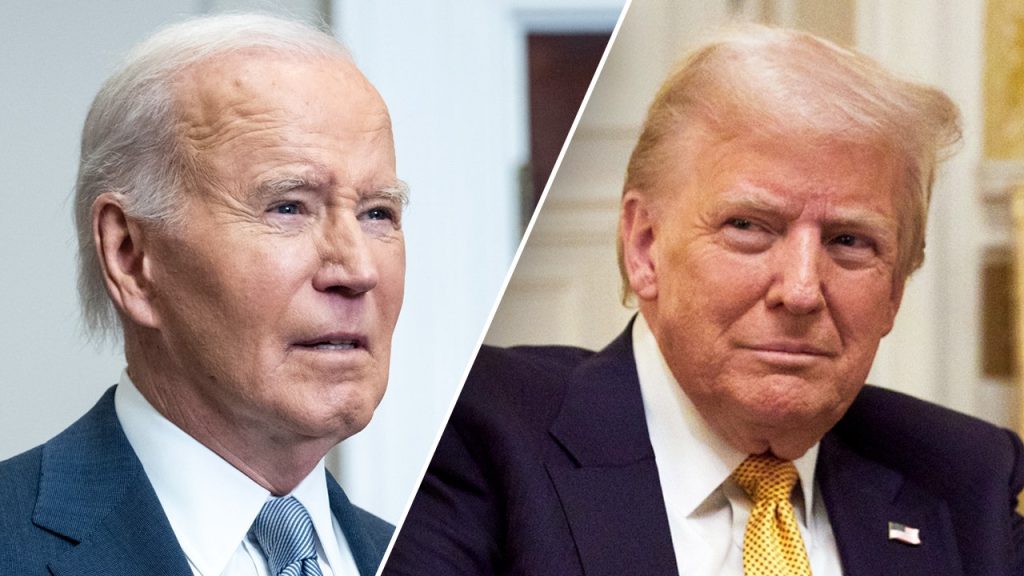The U.S. Department of Health and Human Services (HHS) sparked a wave of controversy with its recent social media post commemorating Pansexual and Panromantic Pride Day. The post, which declared that “everyone deserves to feel seen, respected and supported—no matter who they love,” drew sharp criticism from conservative figures who viewed it as another example of the Biden administration’s progressive agenda. This backlash underscores the ongoing cultural clash surrounding LGBTQ+ issues and the political polarization that characterizes the American landscape. The incident also highlights the anticipation among some for the upcoming change in presidential administrations, with many expressing hope for a shift in policy direction.
The HHS post, intended as a message of inclusivity and affirmation for pansexual and panromantic individuals, became a lightning rod for criticism, particularly from those who oppose the Biden administration’s stance on LGBTQ+ rights. Critics argued that the post was inappropriate for a government agency and reflected a misplaced focus on identity politics. This reaction reflects a broader societal debate about the role of government in promoting social values and the extent to which public institutions should engage in discussions of sexuality and gender identity. The controversy also reveals the deep divisions that exist within American society regarding LGBTQ+ issues, with differing views on the appropriate level of recognition and support for these communities.
Stephen Miller, a prominent figure in the Trump administration, responded to the HHS post with a statement suggesting the return of “sanity” to the agency under the upcoming administration. This remark, along with similar sentiments expressed by other conservative figures, underscores the expectation of a significant policy shift regarding LGBTQ+ issues under a new administration. It also highlights the political dimension of the HHS post, which became a symbolic battleground in the ongoing culture wars. The anticipation for a change in direction reflects the belief among some that the Biden administration’s policies on LGBTQ+ rights have gone too far, while others view these policies as crucial steps towards greater equality and inclusion.
Caitlyn Jenner, a prominent transgender advocate and former supporter of the Republican Party, expressed her disapproval of the HHS post, describing it as “absurd.” Elon Musk, a highly influential figure in the tech world, echoed Jenner’s confusion, questioning the meaning behind the HHS message. These responses, coming from individuals with diverse political affiliations and backgrounds, further illustrate the complexity of the issue and the varied reactions it elicited. Jenner’s criticism, in particular, highlights the internal divisions within the LGBTQ+ community and the differing perspectives on how best to advocate for their rights. Musk’s comment reflects a broader sentiment of uncertainty and bewilderment surrounding the nuances of gender identity and sexual orientation terminology.
Several Republican lawmakers also weighed in on the controversy, expressing their eagerness for the upcoming change in presidential administrations. Their comments reflected a broader dissatisfaction with the Biden administration’s policies and a belief that the focus on LGBTQ+ issues represents a departure from traditional values. These statements further underscore the political polarization surrounding LGBTQ+ rights and the tendency for these issues to become highly politicized. The anticipation for a change in leadership reflects a hope among conservatives for a return to more traditional social and cultural norms.
The HHS post and the ensuing backlash highlight the ongoing tension between different segments of American society regarding LGBTQ+ issues. The controversy underscores the challenges of navigating complex social and cultural issues in a highly polarized political climate. The incident also serves as a reminder of the importance of respectful dialogue and understanding as society grapples with these evolving concepts of identity and inclusion. The differing perspectives on the HHS post reflect the broader societal debate surrounding the role of government in promoting social values and the extent to which public institutions should engage in discussions of sexuality and gender identity.










